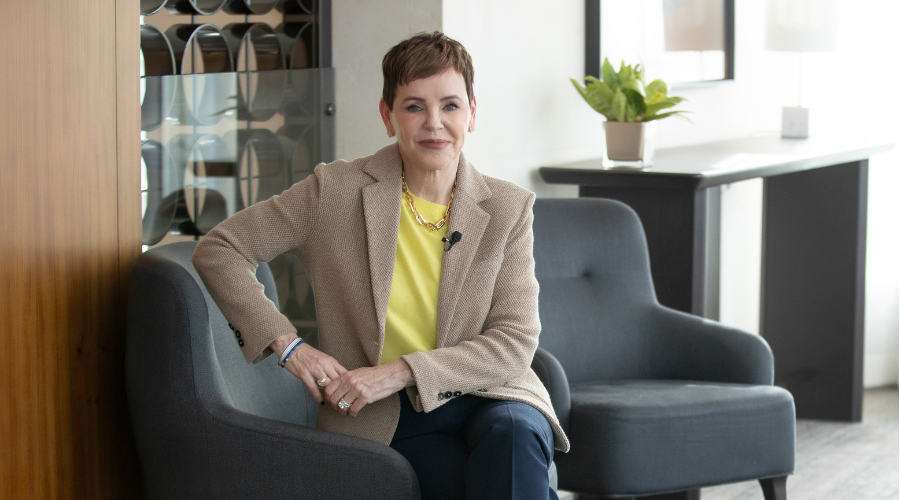We can be so savvy in many ways in our lives, however, the reality is we can’t be good at everything. The truth is I’m a horrible cook. I hate to cook and, even when I try, my family prefers I don’t. I’m not even joking. Long ago I learned to play to my strengths and to reach out for help when I needed it.
Not everyone enjoys managing their money and, like me in the kitchen, are making mistakes that could prove costly. You can’t change the past, but you could learn from these mistakes and refocus your efforts going forward.
November is Financial Literacy Month and here are the top 10 financial lessons I’ve learned in life:
- Sitting on cash for too long. In today’s environment, having cash on hand is a good thing and taking a cautious tone when it comes to investing is prudent. However, your return on this investment, even in a rising interest rate environment, is minimal when factoring in taxes and inflation. Now is a great time to develop an investment strategy. I have learned the quickest way to destroy your wealth plan is procrastination.
- Never fall in love with your investments. You may find yourself stretched to the limit and yet refuse to draw money out of your home via a reverse mortgage or even consider downsizing to make life more manageable. If you are living beyond your means, it is okay to accept it and ask for help.
- Never abdicate financial responsibility to someone else. Don’t do it. No one will care more about your financial life than you. Set some goals that excite you, matter to you and take control of your financial situation. This doesn’t mean you have to do it alone. You don’t. But you should be an active participant. Show up and ask the tough questions you want answers to, and only then will you make informed financial decisions.
- Even during the difficult financial times we are experiencing, you need to enjoy life. No one wants to save until it hurts or spend as if there is no tomorrow – find a balance.
- Consider taking some of the equity out of your home to pay off your credit cards. When you only make the minimum payment on your credit card, it will keep your credit rating in check, but destroy your balance sheet. The rate you pay on a reverse mortgage is far less than what you are paying on the credit card outstanding balance. Time and compounding work for you when you are saving money, but work against you when you owe money.
- Rely less on your memory and automate your financial life. Pay bills directly from your account and set up pre-authorized payment plans so money comes directly out of your account and is applied to debt, retirement savings or your investment portfolio. Automation takes the timing and temptation out of the equation.
- If you don’t ask, the answer is always no. Be aggressive about cutting costs. Make a few phone calls to negotiate a lower rate on all your contractual obligations. You might be surprised at how much you will save.
- Be selective about the news media you consume. If all you hear is negative news, it is likely impacting you in a negative way. Remember news outlets have to come up with content to fill hours of programming and will slice and dice in a lot of different ways that may or may not impact you directly.
- Know your net worth. Compile your net worth statement annually. You might default to the assumption you are living close to the margin with few options, which may or may not be true. List down everything you own at fair market value and everything you owe. Unless you can clearly see where you stand financially you won’t make the necessary changes to experience financial freedom.
- Try not to leave all your money for tomorrow. If you are retired, you do get to spend. Enjoy your life because, if you don’t, your heirs will.
You know the adage – it is truly only a mistake if you do it twice. But I hope that by sharing some of the lessons I’ve learned along the way, you don’t fall into the trap of making these mistakes even once.
~ Pattie Lovett-Reid
Chief Financial Commentator
HomeEquity Bank































